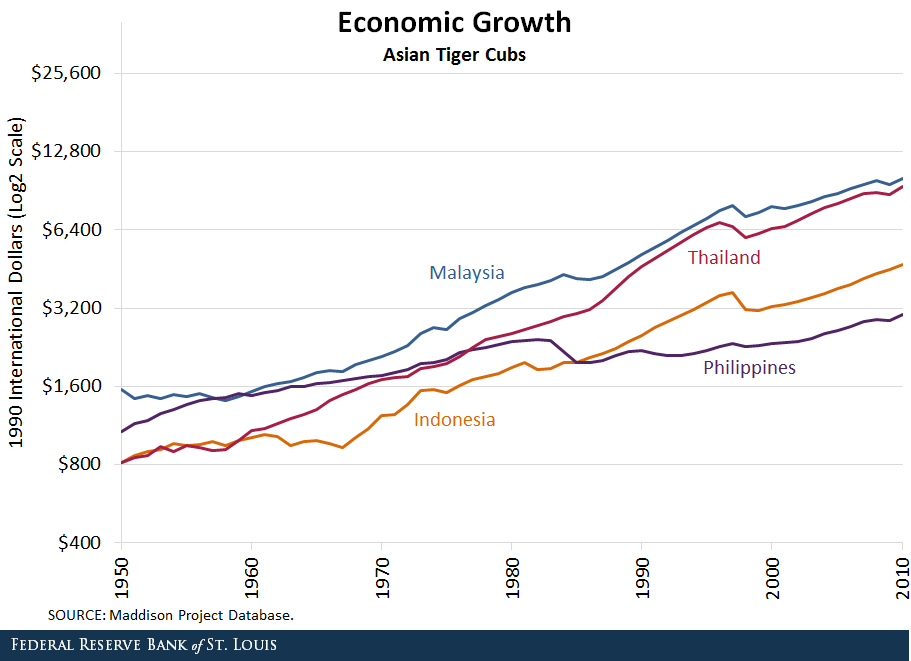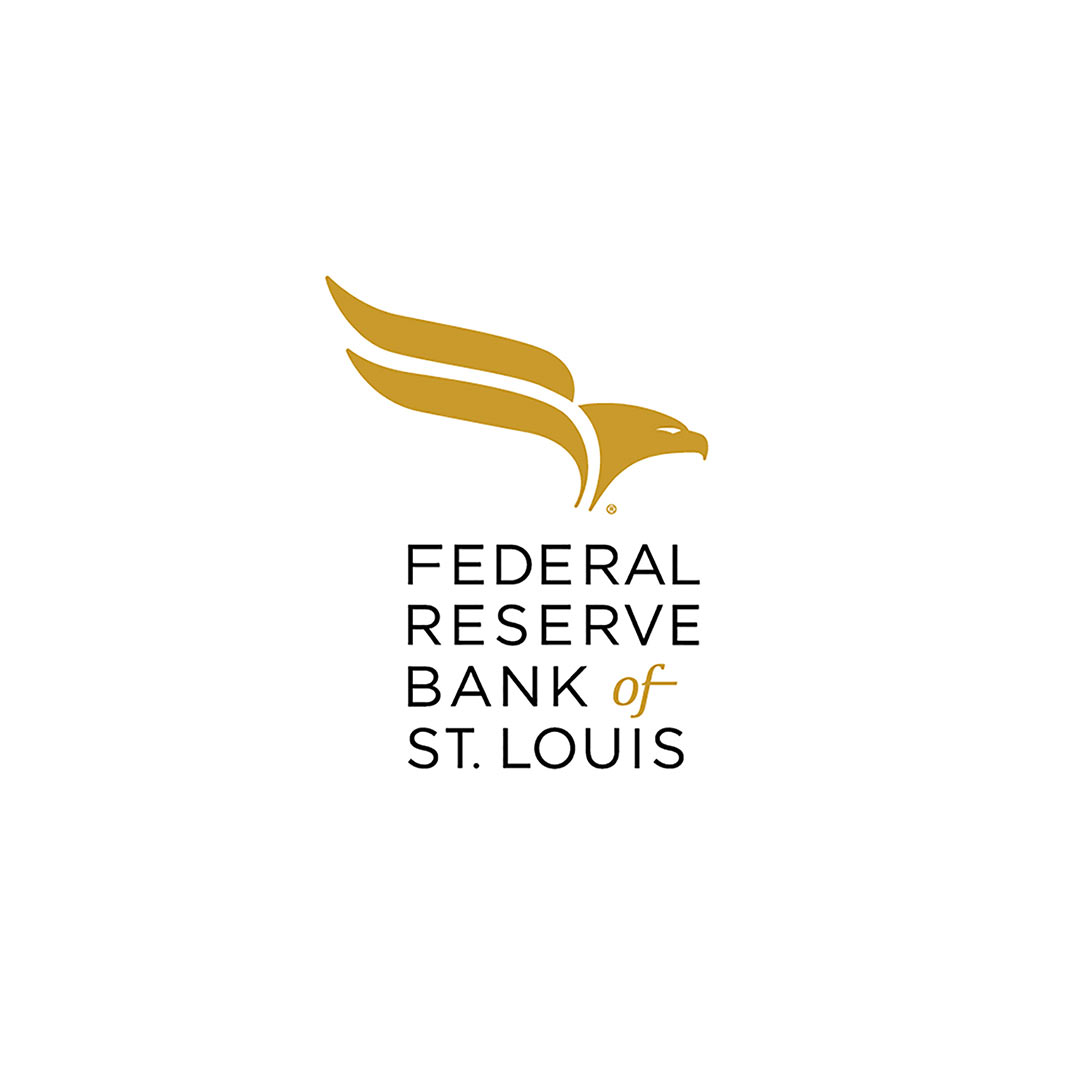To move back to the premise of the thread, how would this have manifested directly?
An Autumn Statement is NOT the Budget - it's the mid-year "progress report". To vote against it is serious indeed but it's not a question of confidence per se.
Even with 25 Conservative MPs voting against, it's probable, with the support of the UUP, the Thatcher Government would have survived.
From there, what next?
The local associations for the 25 MPs could then have voted to deselect them - assuming they didn't, the MPs could have broken ranks with the Parliamentary Party and opted to sit as Independent Conservatives. This might have provoked moves to expel them from the Party or it might not.
It would be nice to butterfly away the Falklands Conflict and continue the political turmoil into 1982.
The Independent Conservative faction is the fourth largest after the formation of the SDP - relations between the Independent Conservatives, SDP and Liberals are at first difficult but improve through the good offices of Roy Jenkins, Jim Prior and Chris Patten.
It is agreed the 25 ex-Conservative MPs will resign en masse and force by-elections in May 1982 along with Bruce Douglas-Mann of Labour. The Alliance agrees not to contest these seats but the Independent Conservatives face Official Conservative and Labour opposition in the "Super Thursday" elections of May 6th.
Many historians now argue May 6th 1982 was the start of Britain's political revolution - of the 25 Independent Conservatives, 23 held their seats (the Official Conservatives won the other two). Bruce Douglas-Mann held Mitcham & Morden for the SDP while the local elections in London showed huge gains for Alliance and Independent Conservative candidates.
By now, the 23 MPs and two former MPs had been joined by several hundred Conservative councillors who had defected to the Independent Conservative brand but the pressure was on to formalise the split and come up with a new name - several were considered including National and Progressive but in the end Reform Conservative was chosen though this quickly became Reform.
At the inaugural Reform Party Conference in September 1982, newly elected leader Chris Patten spoke to an audience of several hundred delegates - he welcomed Roy Jenkins and David Steel to the gathering. The three leaders had already decided the only way forward was a non-aggression pact between the three parties.
This would be agreed (not without some reservations in all three parties) and by early 1983, the Alliance was polling 45% or more in polls.
Margaret Thatcher's minority Government was teetering on the edge of collapse in 1983 and the withdrawal of Ulster support in the summer was the final blow.
Not wishing to repeat Callaghan's humiliation of a Vote of No Confidence, Thatcher came out strongly calling a General Election for October 21st (Trafalgar Day) - a plan to call it on October 14th was rejected because of the symbolism of the anniversary of the Battle of Hastings.
As we now know, the Alliance won a landslide 423 seats, Labour held 169 and the Conservatives just 35. Margaret Thatcher lost her own seat of Finchley by over 5,000 to the Alliance and most of her Cabinet also lost their seats.
As had been agreed by the three parties, Roy Jenkins became Prime Minister with Chris Patten as Deputy Prime Minister and Foreign Secretary and David Steel as Home Secretary with James Prior as Chancellor. The Alliance era had begun.
Very intriguing take as ever
@stodge!
However I doubt the willingness of the entire Gang of 25 to breakaway or the likeliness of their deselection. Fourteen MPs did abstain and to the best of my knowledge, did not face any major repercussions from their local associations or from the parliamentary party. While humialiating the government would certainly would incur a much different response, I doubt it would go as far as that extent.
Furthermore I really couldn’t see the formation of an Independent Conservative faction, which would further evolve into a Reform party. A breakaway from the Tories simply wasn’t an option for many “Wets” due to a variety of factors, including quite interestingly the societal status being a Tory MP gave in certain constituencies. Quite a few took a Hattersley type approach, believing they could win back the party from Thatcher and the monetarists, indeed that was the motivation behind the potential revolt.
On the other hand, a precedent does exist with the suspension of the whip from 21 rebel Tory MPs in 2019. Assuming a breakaway does happen, I doubt the Independent Conservatives would perform that well. The Tory vote would most likely be so split that we could have bizarre Labour victories in safe seats, indeed having two parties with virtually the same name competing for the same voter base is hardly a recipe for immediate electoral success. While breakaway momentum is certainly a factor, so are the potentially negative effects of appearing to revolt against the Conservatives in many safe Tory constituencies. The SDP-Liberal Alliance certainly did soften the Tory vote in many areas during the peak of their momentum, however a rigid base of Tory voters still existed, who may find little enticing in supporting the “rebels” in a Tory civil war. It is possible the government could successfully position the Independents as serving to the benefit of Labour. At best I could see the Independents narrowly edging above the Goverment (a ratio of maybe 14-11 seats maybe), at worst hardly scraping 5. It must be noted that even despite the media coverage and widespread fame of the Gang of Four, only two of them actually held their seats for the SDP. A bulk of the SDP defectors did not enjoy such limelight and lost their seats. One can imagine that a cohort relatively unknown Conservative MPs (besides Gilmore, Pattern etc) would suffer similar defeat.
Indeed the formation of the Reform Party seems a tad unnecessary, at this point the SDP was actively courting liberal Tories. Surely it would make more sense to gravitate towards joining the SDP rather then forming a new party from scratch. Indeed they would most presumably be welcomed with open arms. An influx of Wet defections would benefit the SDP immensely.
What I envision occurring (also brainstorming for my TL) is a larger revolt including the Gang of 25 + Wets such as Prior and Heath etc. Should it be successful, the brutal infighting that plagued the Tories at the time becomes an utter clusterfuck. A heavy handed response from the government (potentially yet another purge of Wets from the Cabinet) ensues, pathing the way for Thatcher to be challenged for the leadership. For the sake of the butterflies, let’s imagine Thatcher narrowly wins against a candidate such as Pym. That, coupled with a better Thatcherite performance in the 1922 Committee elections, may be the straw that breaks the camels back for many Wets.
By late 1982 (the Falklands has been butterflied away) the Tory civil war is still raging. Senior Wets such as Gilmour and Prior have endured the same agonizing process of despair at the party’s situation, believing it to have become helpless, much alike that of what the SDP defectors experienced. One must remember, Rodgers and Williams where avid Labourites, the process of divorce from Labour was described as “severe mental pain,” (indeed the notion of them splitting from the party would have been laughed at during the 70s).
A Wet “Gang of Eleven” defectors could emerge, I could see it comprising of:
- Jim Prior
- Nicholas Scott
- Hugh Dykes
- Stephen Dorell
- Robert Hicks
- Chris Patten
- Keith Stainton
- John Wells
- David Knox
- Jim Lester
- Richard Needham

